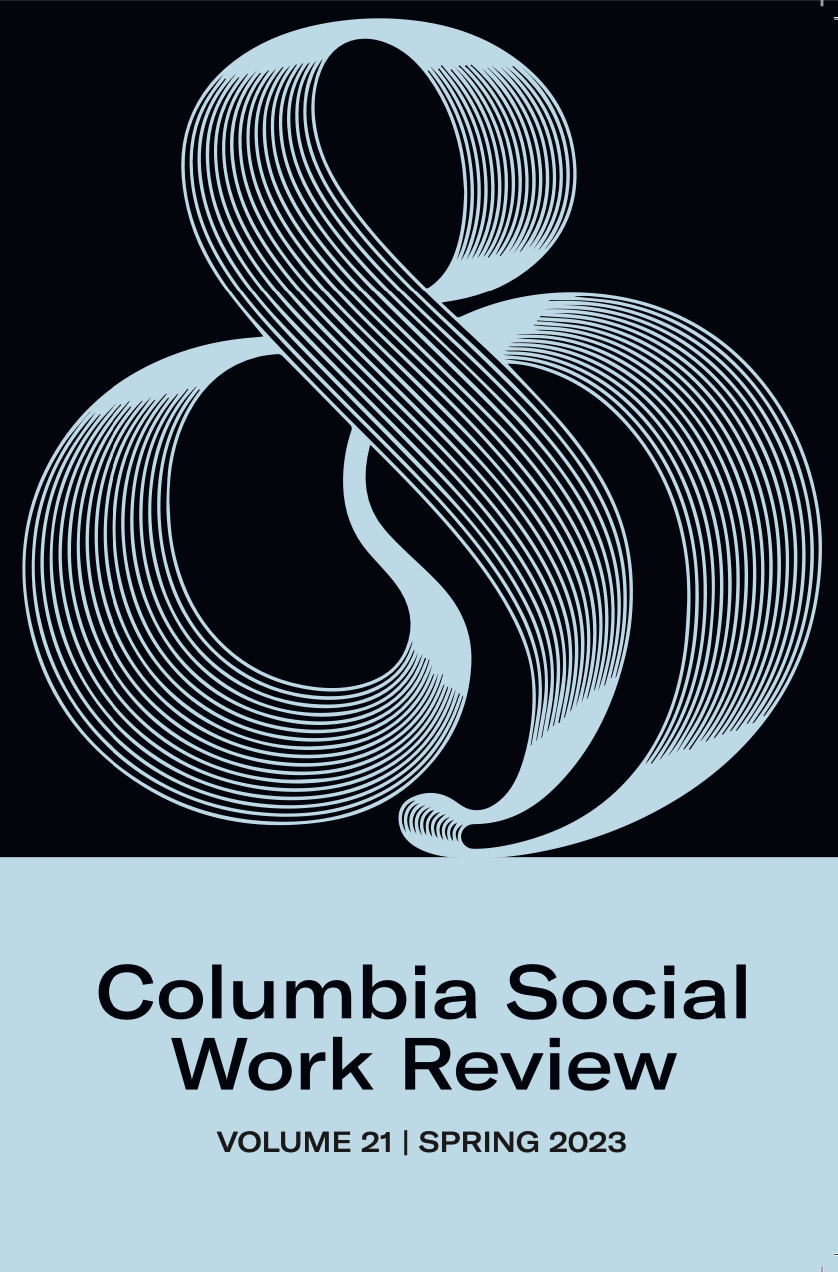Choosing a Frame: How Medusa Tells the Story of Trauma and Life After Trauma
Main Article Content
Abstract
This paper names the elements of the Medusa myth that make it an uncanny allegory for trauma and examines the role of choice—both having choice and offering choice—in the treatment of trauma. It considers two perspectives on the myth: (1) Medusa as a captive object to the hero in the myth and (2) Medusa as an autobiographer, the narrator of her own story, and a subject working to establish more control over her own experience. This myth translates to the social work space. When a clinical social worker acts as the listener/observer and a patient as narrator/autobiographer, the social worker is uniquely positioned to support the patient in reclaiming life after trauma.
Article Details

This work is licensed under a Creative Commons Attribution 4.0 International License.

